While stories of Boko Haram enslaving girls and burning down schools abound in Western media, counter-trends of local champions leading the way for girls’ education in the West African countries of Nigeria and Mali largely go unnoticed. Despite real challenges—like inadequate public funding, poor learning outcomes, and gender inequalities—community leaders are chipping away at the problems by providing safe and quality education for girls’ under trees and in roofless schools as well as community centers, private homes, and internally displaced camps.
Such local actors astonishingly range from government officials; to academics and researchers; to community, traditional, and religious leaders; to philanthropists and concerned citizens; to health and social service providers; to active and retired teachers; and to non-governmental organizations across the education, health, social, and protection spheres. They all have played an important role in overcoming barriers to the “second generation” girls’ education priorities, including access, school safety, quality learning, transitions beyond secondary, and leadership development. However, these local leaders are unconnected. There is no institutional platform across West Africa bringing together these diverse stakeholders to interface and support each other. While there are existing groups that support local level leaders in individual countries, there is currently not a mechanism that allows for girls’ education leaders of different levels and from different sectors to connect, share information and knowledge, and collaborate within and across countries regionally and globally.
Solving this problem will not require a major diversion of funding in girls’ education by the international development community. However, it is essential to have a trusted, stakeholder-centric, value-driven platform dedicated to strengthening and empowering leaders who best understand their communities, the challenges girls face, and have the insights needed to develop strategies for overcoming complex barriers.
A multi-stakeholder process to collectively generate the scope and design of such a network, facilitated by the Center for Universal Education at the Brookings Institution, has been underway for the past nine months. The process has been driven by over 150 local girls’ education champions from more than 20 countries around the world and guided by thought leaders in the field to ensure the network is effective and doesn’t duplicate existing efforts. It also stems from the Let Girls Learn initiative launched by the First Lady of the United States, Michelle Obama, which aims to increase attention and efforts around adolescent girls’ education and prioritizes local leadership.
And, without question, girls’ education champions like Michelle Obama, Julia Gillard, Erna Solberg, and Sophie Grégoire Trudeau will be vital in urging other national leaders to give greater voice and visibility to local leaders and shining a light on promising practices and areas needing urgent attention for girls globally.
Graduate Women International will serve as the global secretariat for the network, with regional hubs activated in Latin America, Middle East and North Africa, Southeast Asia, sub-Saharan Africa, and West Africa from 2016 to 2017. The network will connect local girls’ education champions across sectors, regions, and countries to other organizations and networks that can learn from them, support them, and amplify their voices. It will also establish a platform for these leaders to share evidence and good practices, as well as collaborate on ways to innovate and develop new knowledge to benefit the field. Moreover, the network will build local capacity to leverage, connect, and extend the reach of existing networks to share their resources and leadership development opportunities with a wide range of girls’ education leaders.
This global network, which will be launched in the summer of 2016, will ultimately help to ensure that those on the frontline of girls’ education strategies—in West Africa and globally—are well-resourced with effective strategies, information, and fortified capacity, ultimately helping the global community achieve the United Nations Sustainable Development Goals.
The Brookings Institution is committed to quality, independence, and impact.
We are supported by a diverse array of funders. In line with our values and policies, each Brookings publication represents the sole views of its author(s).

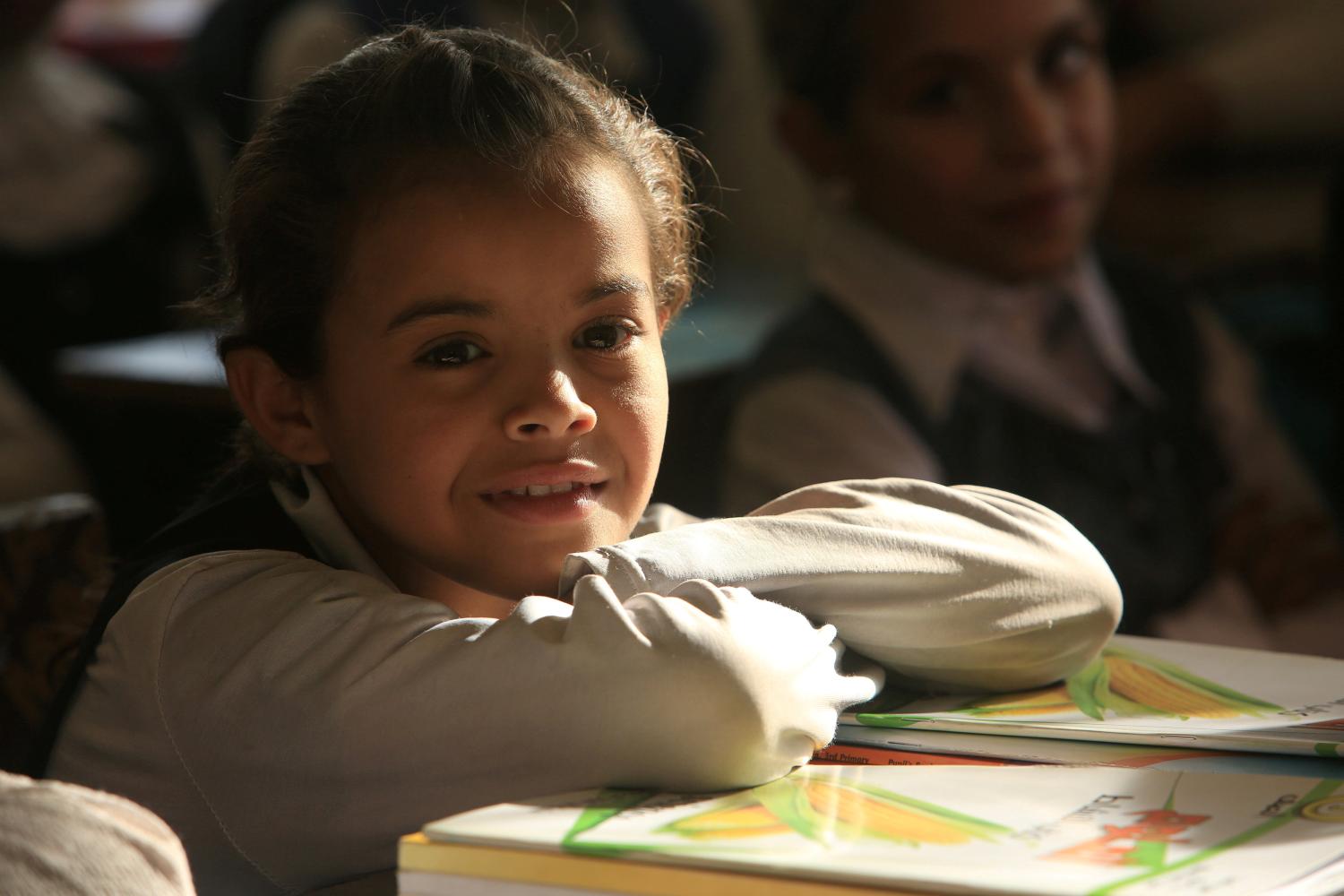
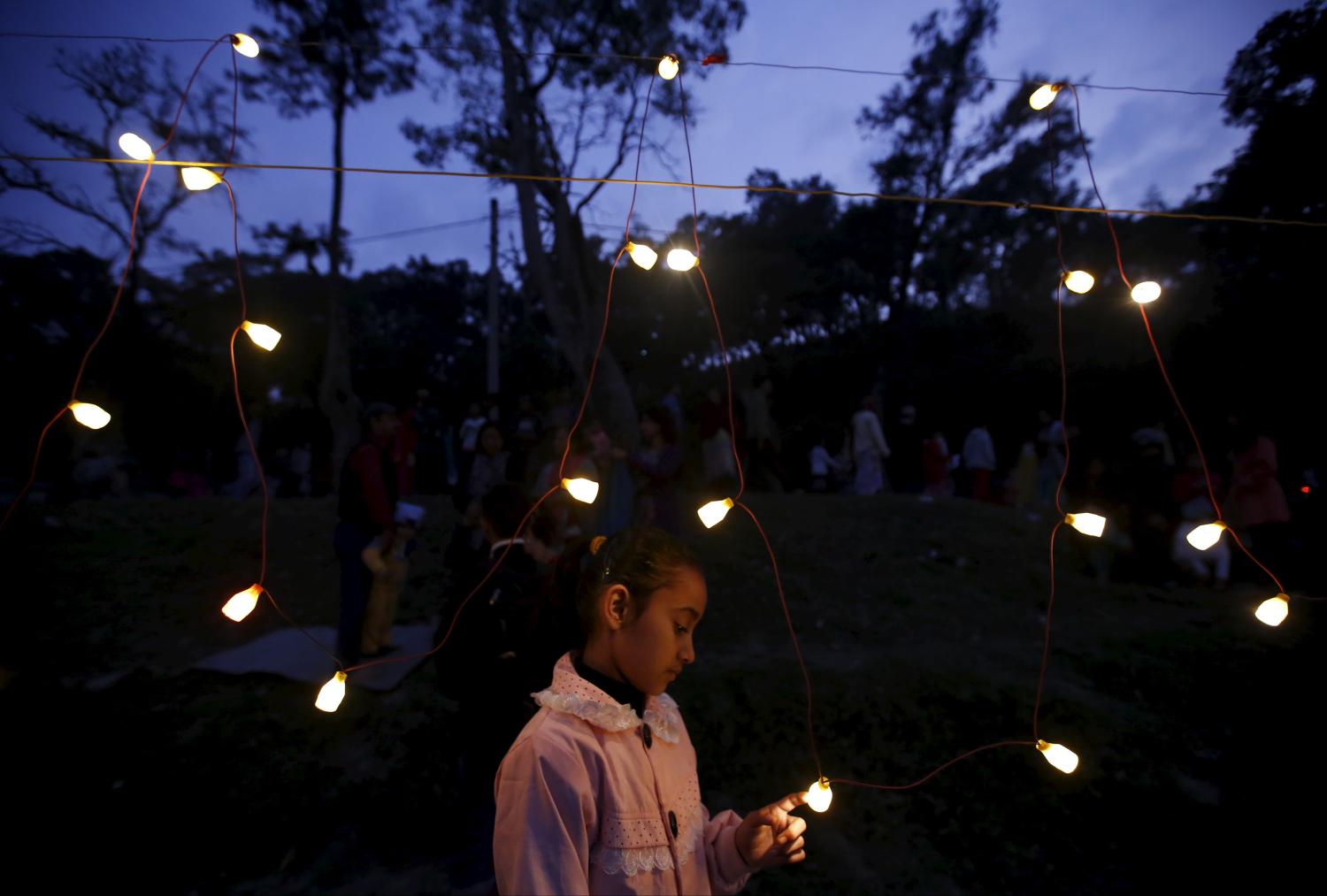
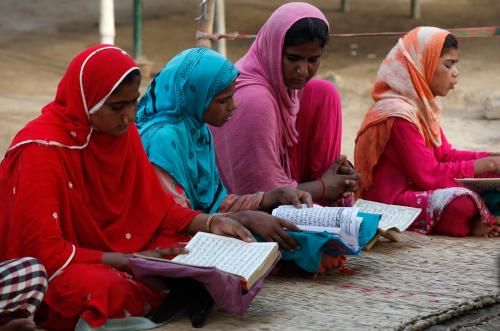
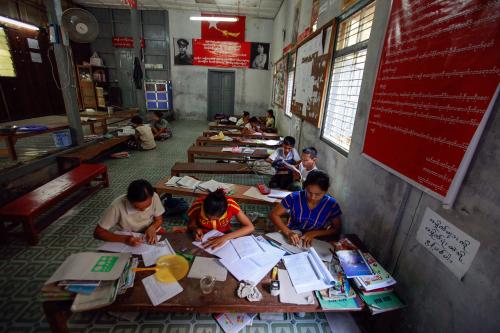

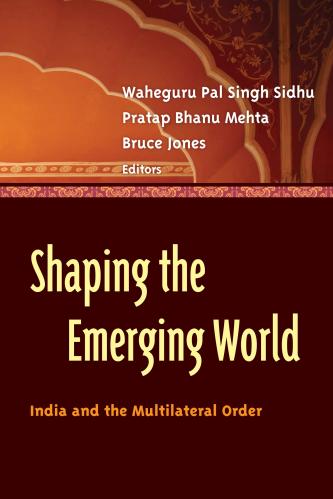
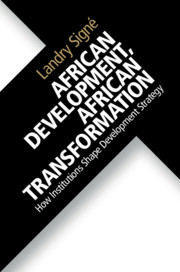



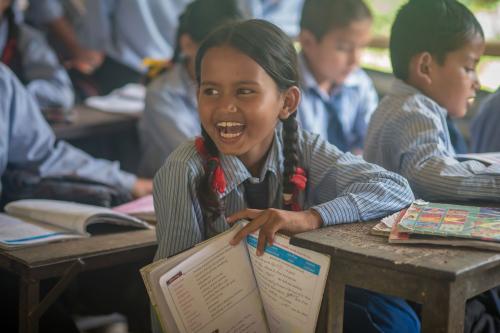
Commentary
Connecting local champions of girls’ education in West Africa and globally
June 13, 2016